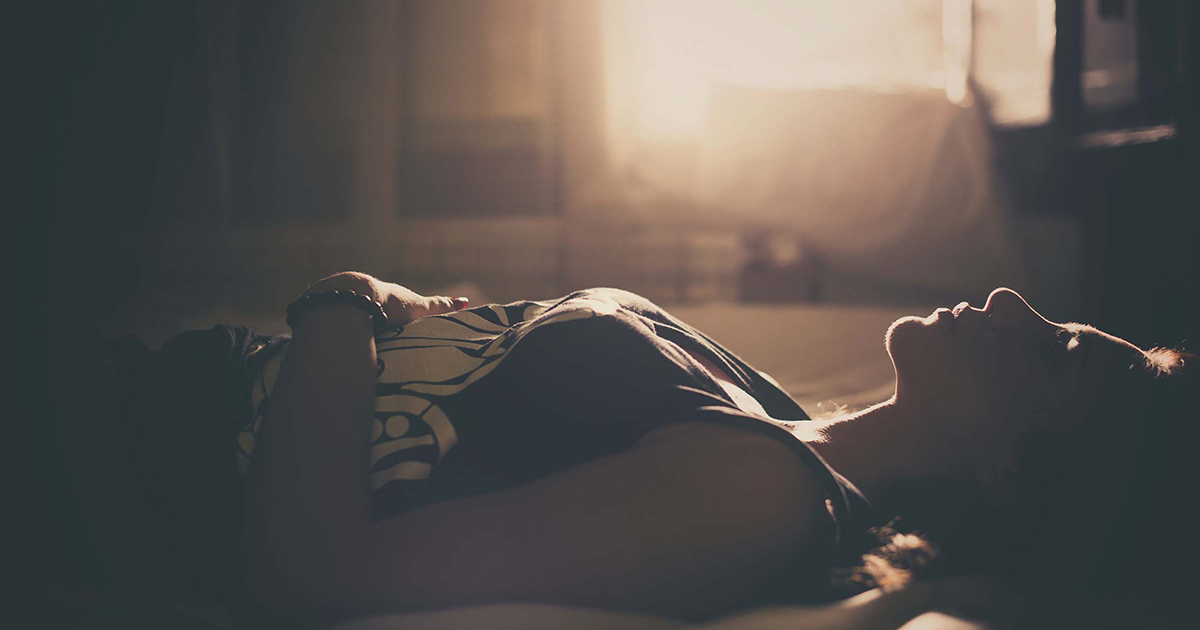Conditions That Can Land You In The Psych Ward
In the past, hospitals designed to treat the mentally ill ranged in their care and admittance of who would be treated within their walls. Individuals with conditions ranging from mild mental delay to severe mental illness with violent tendencies could be found rooming and sharing a ward together. There was even a point when husbands could commit their wives if they weren't "behaving." Modern facilities and psych wards are far more discerning about which conditions will require an individual to be committed. Here are a few conditions that have the possibility of landing you in a psych ward.
Schizophrenia

Schizophrenia is a severe mental disorder that affects the way a person feels and thinks. This disorder appears to be the mental disorder of choice when it comes to illustrating mental illness in movies and other media, as the disease is not as common as some of the other disorders. Most individuals who have schizophrenia will begin exhibiting symptoms in late adolescence, but some individuals do not show any signs until they're adults. There have been some very rare cases of incredibly early-onset schizophrenia in children as young as thirteen years old.
The most notable characteristic or symptom of the disorder is hallucinations. These hallucinations can be auditory or visual. Other common symptoms are delusions, a decrease in the ability to speak, and a reduced ability to express emotion either through vocal tone or facial movements. While individuals who have family members with the disorder are more at risk to develop this condition, a person can develop the disease without having a family member with it. Treatment varies depending on the severity, however, inpatient stays are common when a patient experiences a break or episode.
Bipolar Disorder

Bipolar disorder is a mental illness in which an individual's mood cycles between extreme depression and mania. Mania is categorized as a happy and energized feeling, while feelings of sadness and hopelessness characterize depression. There are four types of bipolar disorder classifications: Bipolar I is when the mania cycle lasts seven days or more followed by depression for two weeks. Bipolar II is numerous circulations between hypomania and depression. Cyclothymic is periods of hypomania and depression that lasts for at least two years, but symptoms don't meet requirements for hypomania and depression. Unspecified bipolar disorder is when symptoms do not fit within the other three diagnostic categories as mentioned above.
Common symptoms are feelings of elation, increased activity levels, trouble sleeping, delusions of grandeur and engaging in risky behavior during the manic cycle. Patients can then experience an episode of feeling down, having very little energy, feeling worried and anxious, and thinking about death and suicide during the depression cycle. Treatment varies, but those with bipolar disorder will need to seek inpatient care at the manic and depressive levels depending on the severity of their symptoms.
